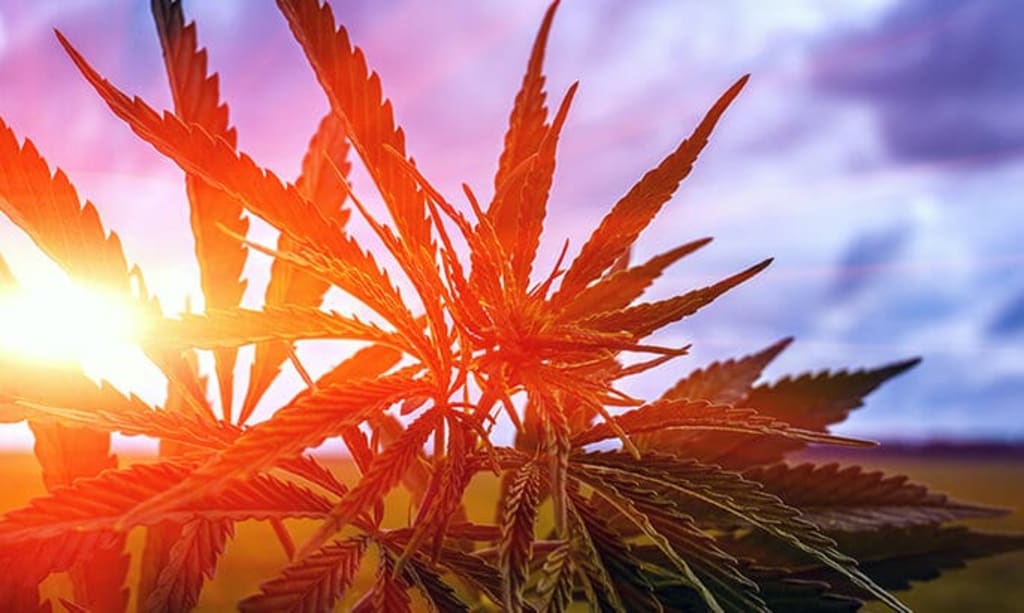Teens smoke marijuana
Marijuana use among teens is a concern due to its potential negative effects on the developing brain

Teens smoke marijuana
Marijuana use among teens is a concern due to its potential negative effects on the developing brain. According to the National Institute on Drug Abuse, about 15% of teens report using marijuana in the past month[1]. Marijuana use during adolescence and young adulthood may harm the developing brain, leading to difficulty thinking and problem-solving, problems with memory and learning, and other negative effects[2]. Many states allow recreational use of marijuana, which has contributed to an increase in teenage marijuana use[3]. It is important for parents to talk with their teens about marijuana use[4], and for teens to understand the potential long-term effects such as difficulty remembering, multitasking, paying attention, coughing more frequently, getting more lung infections, and getting lung scarring
what are the short-term effects of marijuana use in teens
The short-term effects of marijuana use in teens include increased heart rate, bloodshot eyes, dry mouth and throat, increased appetite, altered sense of time, changes in mood, impaired memory and concentration, and difficulty thinking and problem-solving[1]. When a person inhales the smoke from a joint or a pipe, they usually feel its effect within minutes[1]. Smoking or eating marijuana can also affect driving ability in a negative way[2]. It is important to note that marijuana use might have permanent effects on the developing brain when use begins in adolescence, especially with regular or heavy use[3]. Many teenagers try marijuana and some use it regularly. Teenage marijuana use is at its highest level in 30 years
why is teenage marijuana use at its highest level in 30 years
Teenage marijuana use is at its highest level in 30 years due to various reasons. According to the National Institute on Drug Abuse, marijuana and hallucinogen use in the past year reported by young adults aged 19 to 30 years old increased significantly in 2021 compared to five years ago[1]. The teen years are a time of growth, exploration, and risk-taking, which may foster identity development and independence[2]. However, some studies suggest that early use can cause disruptions to adolescent brain development that may lead to problems with memory and concentration, increased aggression, car accidents, use of other drugs or alcohol, and risky sexual behavior[3][4]. Additionally, marijuana has become more socially acceptable and legal for recreational use in many states
how does marijuana use affect adolescent brain development
Marijuana use during adolescence can have negative effects on the developing brain. According to the Centers for Disease Control and Prevention, marijuana use can lead to difficulty thinking and problem-solving, problems with memory and learning, reduced coordination, and difficulty maintaining attention[1]. The American Addiction Centers state that during adolescence, the brain is particularly sensitive to drug exposure, and marijuana use impacts how connections are formed within the brain[2]. New research suggests that cannabis use can alter development of the cerebral cortex, which is responsible for higher-order thinking skills such as decision-making and planning[3]. While definitive evidence remains elusive, many observational studies have suggested that adolescent cannabis use may be linked to negative outcomes such as lower IQ scores and increased risk of mental health disorders
how does marijuana use affect academic performance in adolescents
Marijuana use can have negative effects on academic performance in adolescents. According to the National Institute on Drug Abuse, students who smoke marijuana have poorer educational outcomes than their nonsmoking peers[1]. A review of 48 relevant studies found marijuana use to be associated with reduced educational attainment, such as reduced chances of graduating[1]. Although several studies have shown that marijuana use can adversely affect academic achievement among adolescents, less research has been conducted on the effects of marijuana use during college[2]. Smoking marijuana can impair attention and memory, which can directly impact academic performance[3]. Marijuana use has been shown to have a connection to lower grades, skipping classes, studying less, and an increased likelihood of dropping out of school[4]. Cannabis use in adolescence leads to poorer school performance and reduced academic motivation during adolescence, which leads to lower educational and occupational attainment later in life
what are some strategies to prevent marijuana use among adolescents
There are several strategies to prevent marijuana use among adolescents. According to the Substance Abuse and Mental Health Services Administration, environmental strategies such as regulating the sale and marketing of marijuana, increasing taxes on marijuana products, and enforcing laws against underage use can be effective[1]. The Drug Enforcement Administration suggests organizing a drug abuse prevention information fair at school to help raise awareness of the impact of drug use on individuals, families, and communities[2]. Parents can also play an important role in preventing underage marijuana use by starting an ongoing conversation about drugs early on, being clear and specific about expectations regarding drug use, talking about the risks associated with marijuana use, dispelling myths surrounding marijuana use, staying involved in their children's lives, getting to know their friends, and establishing rules and consequences for breaking them[3][4]. Prevention specialists and public health advocates can also utilize resources such as guides to develop effective prevention strategies tailored to their communities
how can parents start a conversation about drugs with their children
Starting a conversation about drugs with children can be challenging, but it is an important step in preventing drug use. According to Kids Health, parents can start by asking their children what they have heard about drugs in a nonjudgmental and open-ended way[1]. This approach is more likely to get an honest response from the child. The Substance Abuse and Mental Health Services Administration recommends talking directly and honestly with children about alcohol and drug use[2]. Parents should make their values and rules clear, ask questions, listen actively, and resist the urge to lecture[3]. It is also important for parents to establish trust with their children so that they feel comfortable discussing sensitive topics such as drug use[4]. Parents can begin talking to their children about drugs at an early age and continue the conversation throughout adolescence
what age is appropriate to start talking about drugs with children
According to experts, it is never too early to start talking to children about drugs. Children as young as nine years old already start viewing alcohol in a more positive way, and approximately 3,300 kids as young as 12 try marijuana each day[1]. The University of Rochester Medical Center suggests that parents should start talking about drinking, smoking, and using drugs when their child is between ages 5 and 7 and continue the discussion throughout childhood and adolescence[2]. The Recovery Village states that children as young as 9 years old can benefit from conversations with their parents about drugs[3]. Parents can start talking to their children about drugs from an early age to set up ongoing conversations with them as they grow older[4][5]. As kids grow older, parents can ask them what they have heard about drugs in a nonjudgmental and open-ended way to encourage honest communication.
what are some common misconceptions that children have about drugs
Children may have several misconceptions about drugs. According to Safe Landing Recovery, some common myths about teen drug abuse include the belief that prescription drugs are safer than street drugs, that marijuana is not addictive, and that experimenting with drugs is harmless[1]. Visions Teen suggests that common misconceptions about drug addiction in youth include the belief that addiction only happens to "bad" people or those who lack willpower[2]. Mental Floss lists several misconceptions about drugs, including the belief that study drugs make you smarter, caffeine can sober you up, and PCP will make you see things that aren't there[3]. Last Resort Recovery notes that many drug use misconceptions focus on the idea that addiction is a choice people make and not a disease[4]. Cumberland Heights states that misconceptions about drug abuse and addiction have perpetuated stereotypes, created stigma, and put lives in danger[5]. It is important for parents to address these misconceptions with their children and provide accurate information about the risks associated with drug use.
About the Creator
Adam MR24
Welcome to my page, where you will find valuable information that can change your life! Whether you're looking to improve your health, learn new skills, or simply gain a new perspective on the world, you've come to the right place.
Enjoyed the story? Support the Creator.
Subscribe for free to receive all their stories in your feed. You could also pledge your support or give them a one-off tip, letting them know you appreciate their work.






Comments
There are no comments for this story
Be the first to respond and start the conversation.